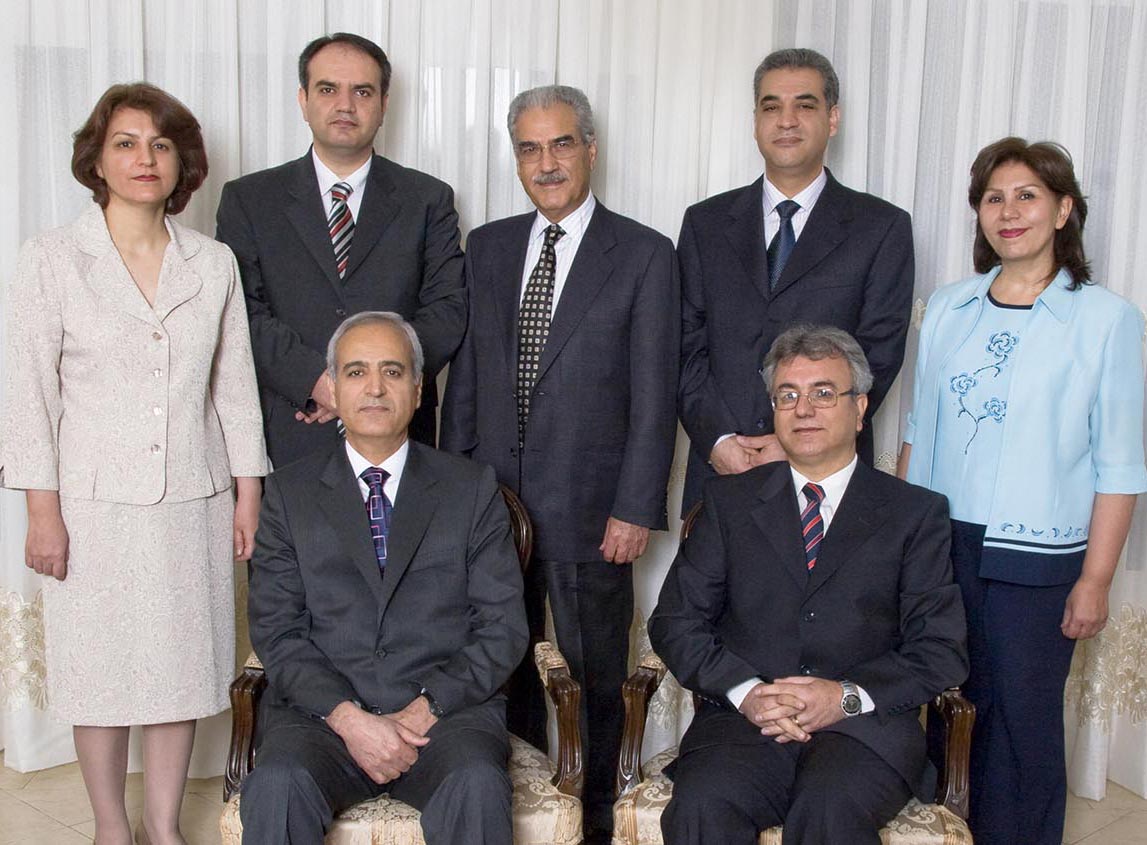
Grave fears are held for the safety of seven Baha’i leaders detained in Iran, some of whom have close relatives in Australia.
Repeated efforts by their families in Iran to determine where they are being held have been unsuccessful, a spokesperson for the Australian Baha’i Community, Natalie Mobini-Kesheh said today.
“Their appeals to the authorities in this matter have been met with evasion and conflicting stories,” Dr Mobini-Kesheh said.
“We are appealing to human rights groups, people of conscience and the news media to continue pressing the Iranian government so that the rights of these Baha’i detainees be upheld and that, at the minimum, they be allowed access to counsel and general communication with the outside,” she said.
Six of the leaders were taken from their homes by Government intelligence officers in the early hours of 14 May and have not been seen or heard from since.
A seventh Baha’i leader, arrested in March, was believed to be in prison in Mashhad, but this cannot be confirmed.
The seven are the members of the national-level coordinating group that helps see to the minimum needs of the 300,000 Baha’is in Iran, the biggest religious minority by far in that country.
Initial reports indicated that the six Baha’is had been taken to Tehran’s Evin prison, notorious for torture and executions.
In the 1980s, eleven Baha’i leaders disappeared and their bodies never found. Many others were executed by the authorities.
Iranian government documents made public by a United Nations official have since exposed a plan by the authorities to eliminate the Baha’i community of Iran.
Relatives in Australia
One of those arrested, Behrouz Tavakkoli, devotes himself to helping others, says his brother, Adelaide businessman Amin’u’llah Tavakkoli.
“My brother has spent all his life serving his faith and humanity,” said Mr Tavakkoli, who lives in Campbelltown, South Australia.
Roya Kamalabadi of Wantirna, Melbourne, a sister of another of the arrested leaders, said she is very worried for her sister, Fariba, a mother of three.
No charges laid
Dr Mobini-Kesheh said there is no indication that charges have been formally laid against the Baha’is.
“Although a government spokesperson has been quoted in media reports as stating that the charges against the Baha’is are related to issues of national security, there has been no explanation as to precisely what this means.
“Any contention that Baha’is in Iran would take action that would pose a threat to their homeland is utterly without foundation.
“Baha’is are committed through their religious beliefs to obey the laws of the land and not to be involved in political activity.”
The Baha’is arrested on 14 May are being persecuted solely because of their religious beliefs, she said.
“The best proof of this is the fact that, time and again, Baha’is have been offered their freedom if they recant their faith and convert to Islam,” she said.
World reaction
The recent arrests have been condemned by the European Union and the Canadian and US governments, and have been reported by CNN, BBC, AFP and Reuters.
Read the report from the Baha’i World News Service
Background information on the persecution of Baha’is in Iran
To subscribe to news stories by email, please click here
